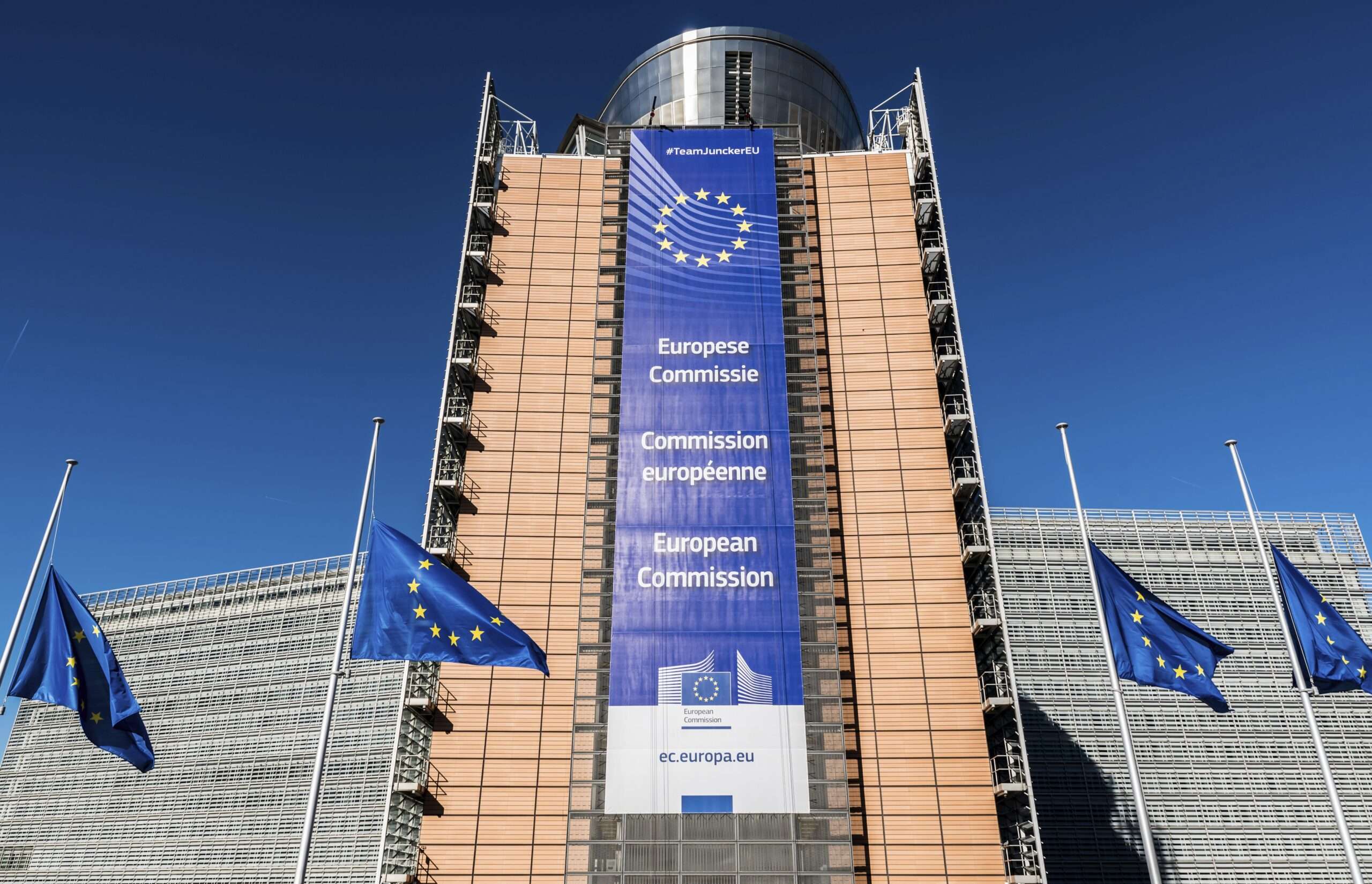European Commission Imposes Fines on Meta for Consumer Service Violations
The recent imposition of a hefty fine by the European Commission on Meta, amounting to 798 million euros or approximately $841 million, highlights an ongoing regulatory trend against major American technology companies. This decision revolves around the commission’s claim that Meta’s practice of “tying” its Facebook Marketplace ads to users’ social media accounts imposes unfair trading conditions on other classified ad providers. While tying can enhance consumer value by offering better products at lower costs, the commission asserts that it undermines competition by leveraging user data to gain an unfair advantage in the online classified ads market. This investigation, which began in June 2021, underscores the growing scrutiny tech giants face in various regions, particularly in Europe.
At the heart of the Commission’s inquiry lies Meta’s use of extensive user data collected from Facebook, which forms the backbone of its advertising revenue strategy—over 99 percent of Meta’s $133 billion revenue in 2023 is attributed to such data-driven targeting. The Commission expresses concern about the competitive edge that this data affords Facebook in the classified ad sector. However, the implication that Facebook is mishandling data that competitors pay to utilize raises questions about the legitimacy of the commission’s claims. Some experts argue there is a lack of clarity regarding the Commission’s concerns about Facebook obtaining user preference data from competitors, particularly since the competitors consent to such data usage per Facebook’s terms and conditions.
Proponents of Meta’s approach, including technology policy analysts, argue that tying benefits consumers by providing a more tailored experience in Facebook Marketplace. Such personalization stems from the platform’s ability to utilize data from users’ interactions. Critics of the Commission’s ruling argue that it mischaracterizes the competitive landscape, pointing out that competitors often excel in their own niche segments despite Facebook’s presence in the marketplace. The director of competition policy at the International Center of Law and Economics highlights that various classified ad service providers cater to distinct consumer bases—illustrating that competition remains vibrant and diverse despite Meta’s significant role.
Moreover, the European Commission’s punitive actions against Meta are interpreted by some observers as part of wider geopolitical tensions between Europe and American tech dominance. The fines collected by the Commission contribute to the European Union budget, leading to speculation about financial motives behind these antitrust actions. The idea that the E.U. could benefit more from fostering an innovative environment rather than penalizing successful foreign firms is gaining traction. Advocates argue that a pro-growth policy could potentially lessen the existing economic disparity—specifically the substantial gap in gross domestic product per capita between Europe and the United States.
As global regulatory bodies intensify their examination of tech companies’ practices, the case against Meta acts as a catalyst for broader discussions about data usage, competition, and consumer benefit. It raises fundamental questions about how regulators balance the promotion of fair competition with consumer welfare and innovation. While concerns around monopolistic behaviors and market manipulation need addressing, there exists a delicate line between ensuring healthy competition and stifling innovation through excessive regulation. The overarching narrative emerging from this case is about finding a suitable regulatory framework that could support competition while also allowing technological advancement to flourish.
In conclusion, the European Commission’s hefty fine against Meta for its tying practices highlights an ongoing conflict between regulatory authorities and major tech companies. The motivations behind such antitrust actions, combined with the implications for innovation and competition, paint a complex picture about the future of regulatory approaches in an increasingly digital economy. As debates continue over the merits of these regulations, both consumers and firms will be watching closely to see how policymakers navigate the competing interests of promoting competition and fostering a vibrant technological ecosystem. A possible re-evaluation of strategies could lead to more beneficial outcomes for all stakeholders involved in the digital marketplace, particularly if the emphasis shifts towards creating favorable conditions for innovation rather than punitive measures against firms that excel in offering consumer benefits.
Share this content:












Post Comment